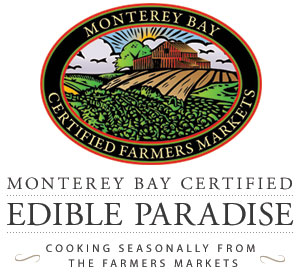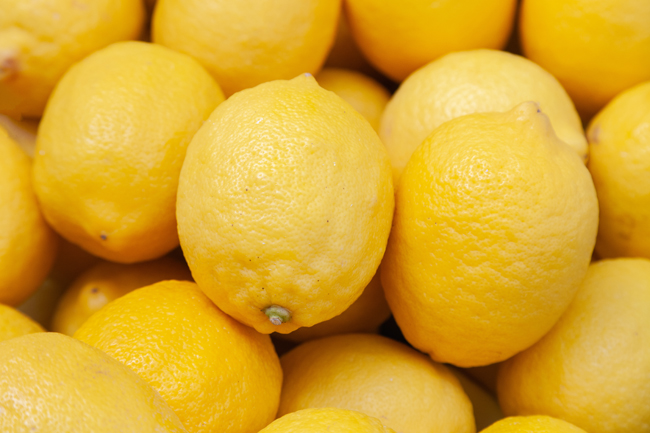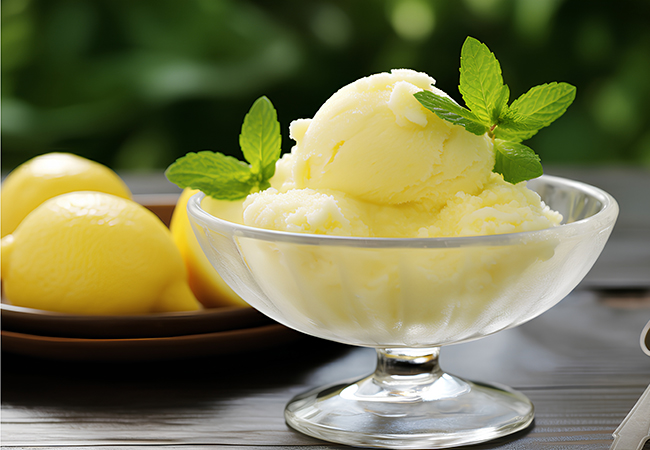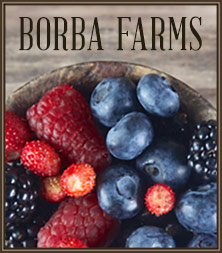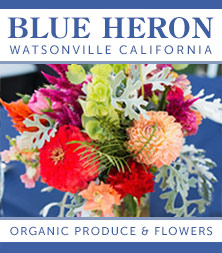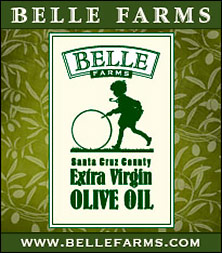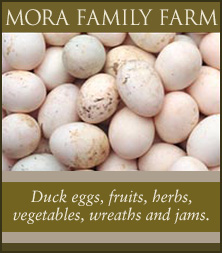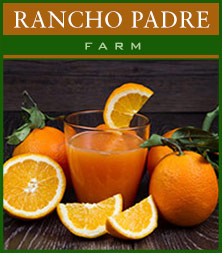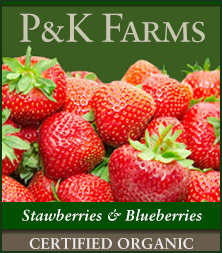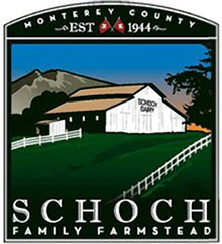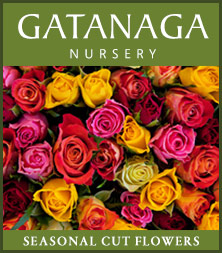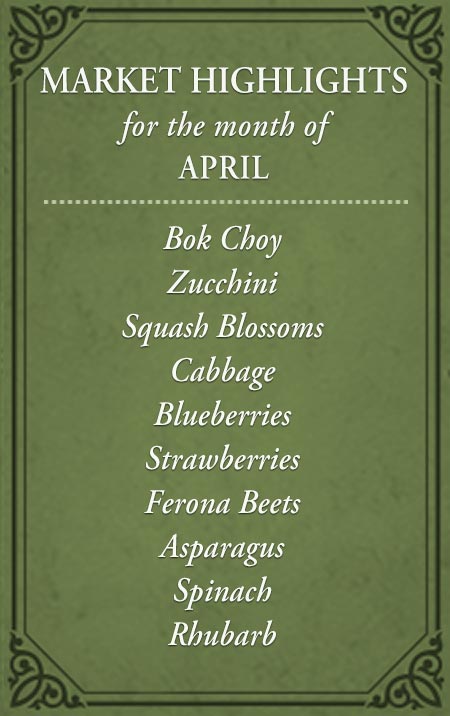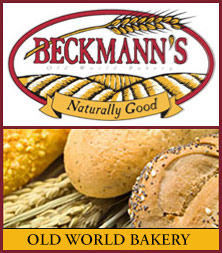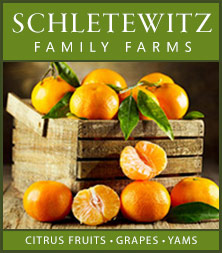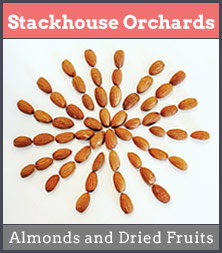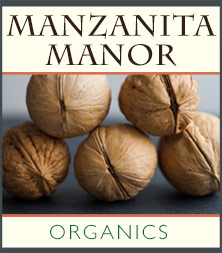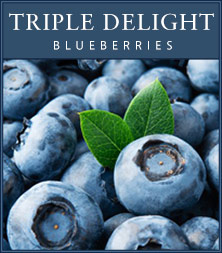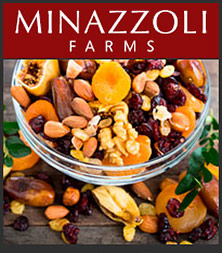It’s officially lemon season and you’ll find Eureka and Meyer lemons at the farmers’ markets. Technically a berry, lemons are believed to have been cultivated in the Mediterranean. Here are some other interesting facts about lemons:
- Lemon trees will produce about 600 lbs per year per tree when fully mature.
- California and Arizona produce about 95% of the US lemon crop.
- An average lemon contains about three tablespoons of juice.
- Lemon trees can grow up to 20 feet tall. There are approximately 8 seeds per average lemon.
- The Eureka lemon was developed in California in 1858 and is considered a ‘true lemon.’
- Meyer lemons were discovered in 1908. Considered a hybrid, it is a cross between a lemon and a mandarin orange. They also tend to be sweeter in taste and less acidic.
- If you roll a room-temperature lemon on the counter for a few minutes it will maximize the amount of juice.
- Both lemon varieties produce lemons year-round but are harvested heavily from December through May.
- Lemons contain more citric acid than oranges or grapefruits. A great source of Vitamin C, lemons also contain calcium, B1 B2, and potassium
- The heaviest lemon weighed in at 11 pounds 9.7 ounces in 2003.
RECIPE:
Blender Hollandaise
Hollandaise is a tangy-lemon sauce that is delicious drizzled over young, tender spring veggies and is also the classic sauce for eggs benedict. This blender version is foolproof!
INGREDIENTS:
6 egg yolks
4 tablespoons fresh lemon juice
1/2 teaspoon salt
Pinch white pepper or cayenne
2 sticks unsalted butter (8 ounces), preferably Plugra or Kerrygold*
METHOD:
Place egg yolks, lemon juice, salt, and pepper into a blender container. Cover and blend for 30 seconds.
Melt the butter in a small pot until it is bubbling hot.
Uncover the blender container (or, remove the cover for the center hole in the lid) and while the machine is running, very slowly drizzle hot butter into the yolk mixture, allowing time for the butter to absorb into the eggs and emulsify. Serve immediately.
*Plugra and Kerrygold butter contain more butterfat and fewer milk solids and water than other brands. If you want to use another brand, you’ll need to clarify the butter first to remove the excess water and milk solids.
